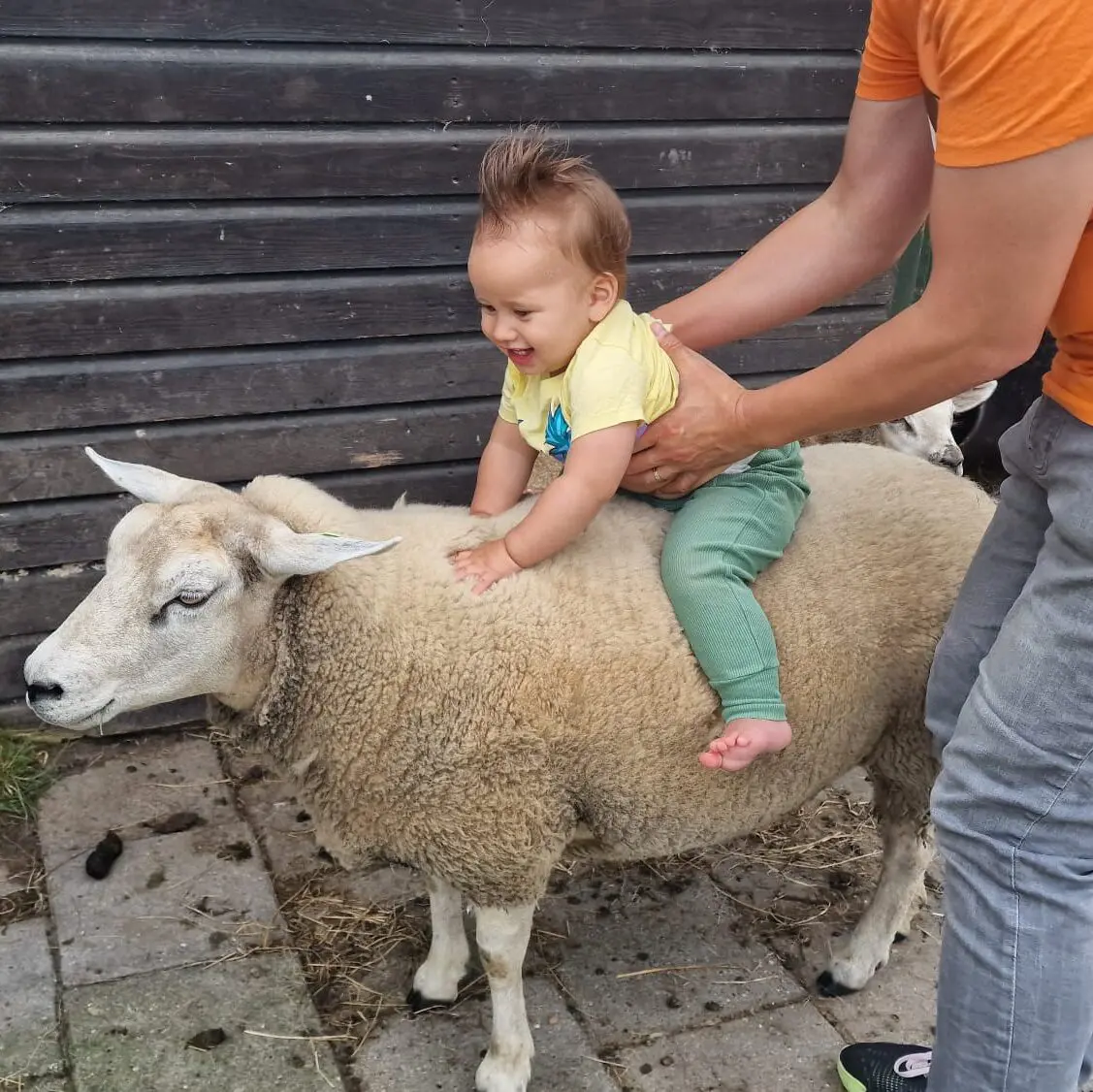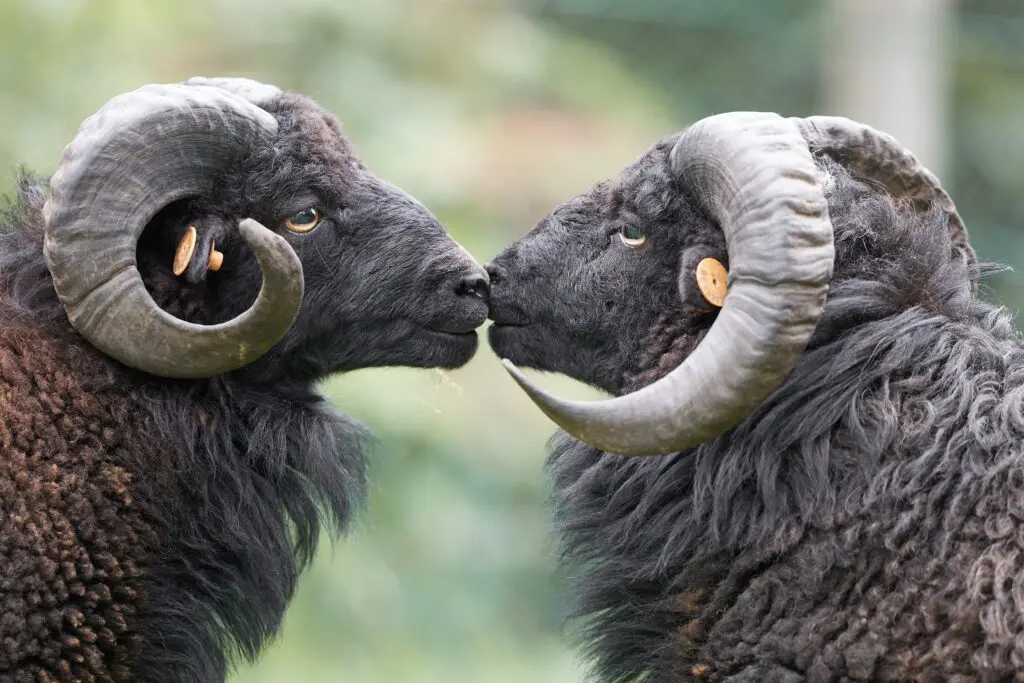As an animal lover, I took recent good weather as a sign to take my one-year-old son Robin to the local petting zoo. It’s important to teach children about nature to develop an interest and learn how to be respectful.

While exploring the enclosed field, monitored by a few staff, we came across a group of goats, pigs and sheep. My son was really curious about the sheep and I let him tentatively run his fingers over their soft, fluffy coats. He giggled loudly, his eyes big with wonder.
My husband thought it was funny to put Robin on a sheep’s back. It was just a second, obviously, before the woolly creature decided he didn’t want to participate in any shenanigans and walked off, still calmly grazing.
I shook my head and picked up the mini-toddler from my partner’s grasp. ‘Animal cruelty,’ I muttered. ‘Hey, no sheep was harmed in this production,’ he shot back, amused with himself.
We walked around the nearby garden where a bunch of sunflowers were reaching up to the sky. ‘It’s good to be out,’ I thought, letting out a big sigh. We spend so much time at the office, focussed on deadlines and meetings. Getting some fresh air and escaping the humdrum does us a world of good.
Excess wool
Being outdoors shifted my thoughts to what’s happening in the wool recycling space, and what about agricultural plastics? I later found that Estonian start-up Woola has secured EUR 2.5 million to replace plastic with sustainable sheep wool packaging.
The company says over 140 million tonnes of plastic packaging is produced across Europe every year, of which less than 15% is collected for recycling. At the same time, up to 90% of harvested sheep wool is burned or buried in European countries because it’s too coarse be used to for clothing or accessories. This represents upwards of 200 000 tonnes of wasted material.
Woola ceo Anna-Liisa Palatu wants to replace bubble wrap in e-commerce. She believes waste wool is the perfect packaging material to ensure fragile items can be transported safely and sustainably.
It’s certainly a step towards helping major producers realise their fossil-free ambitions by 2030.
Green plastics
Meanwhile, New Zealand-based product stewardship scheme Agrecovery has launched a take-back initiative for the packaging of wool consignments. HDPE covers are now being processed into high quality pellets by Recycle South in Invercargill. The recycled plastics are going for resale, catering to similar packaging applications.
Further encouraging news comes from Canada, where non-profit CleanFarms set a new collection record for agricultural plastics in 2023. It gathered some 2 400 tonnes, which represents a 16% increase over the previous year. This cements Canada’s place among the world’s top 10 nations for recycling agricultural plastics.
Our legacy
While Robin is far too young to understand about recycling and what I write about, I hope that taking him with me on hikes and outdoor adventures will give him a nudge in the right direction.
What am I saying? Knowing how aware kids are these days, with their school recycling projects and science fairs, he’ll probably be drilling new recycling rules into me in the next few years!
I can’t wait to talk to him about how we can take care of our planet, and everyone in it.
Don't hesitate to contact us to share your input and ideas. Subscribe to the magazine or (free) newsletter.



